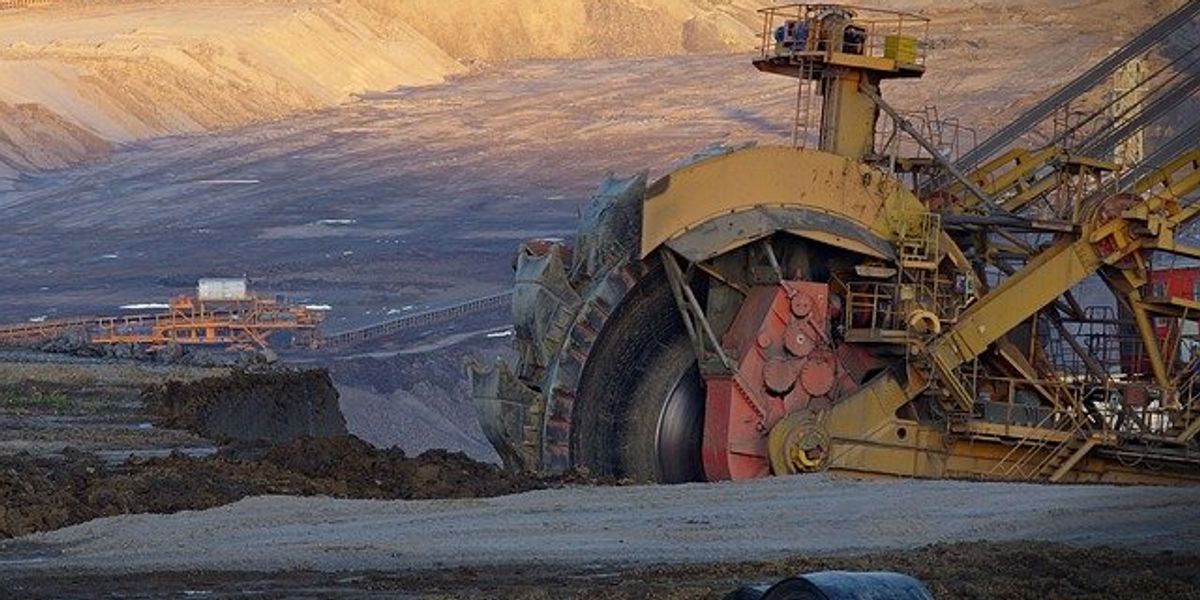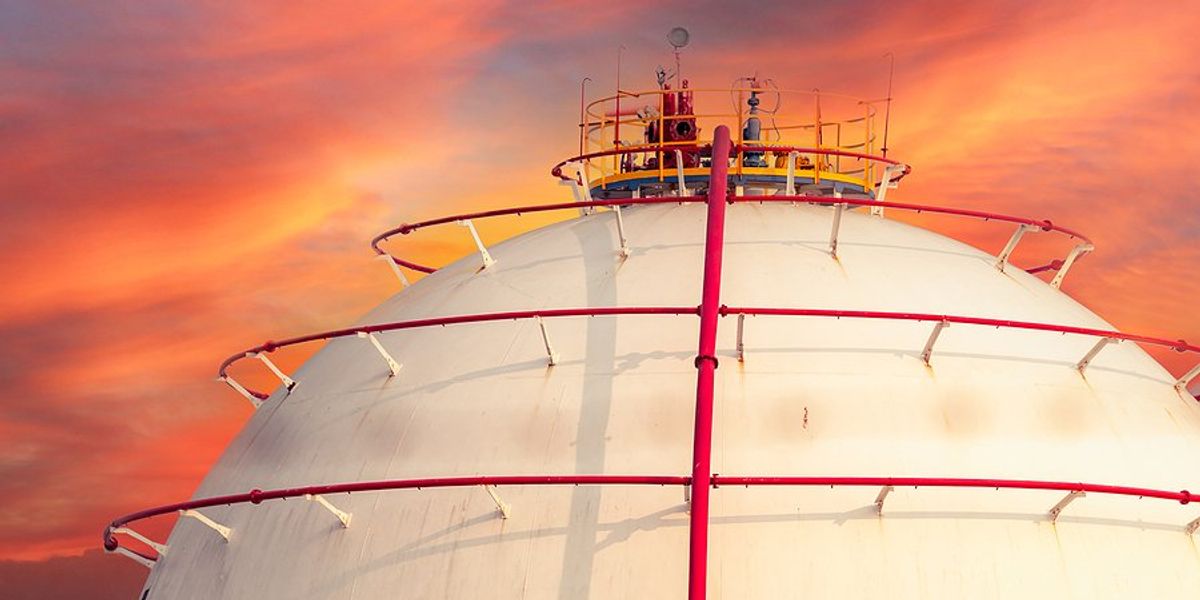extraction
U.S. plan calls for EV battery plants in Democratic Republic of Congo, Zambia
Joe Davidson writes in the Washington Post about an agreement for EV battery plants that would help African nations process their raw materials instead of richer nations getting the benefits.
In a nutshell:
The Biden administration has entered into a memorandum of understanding with the Democratic Republic of Congo and Zambia, two mineral-rich African countries, to support the development of an electric battery supply chain. This move aims to increase battery production in these nations, allowing them to benefit more from their natural resources. However, concerns about human rights abuses, including child labor in cobalt mining, have emerged, spotlighting the challenges of ensuring a just energy transition, reports Davidson. He highlights recent reports by Amnesty International and the U.S. Labor Department.
Key quote:
Washington pays attention to human rights accounts, but that does not mean they will interfere with the EV battery projects. The reports “play a useful role in reminding the government that it is under scrutiny” and that officials must hold companies to a high standard, Lucy Tamlyn, the U.S. ambassador to Congo, said in a video interview from Kinshasa on Thursday.
The big picture:
As the world transitions to renewable energy and seeks ever-more efficient batteries to power electric vehicles, the race is on to secure the necessary raw materials. China, a dominant player in the electric vehicle market, remains a significant competitor as the United States seeks to establish its presence in this sector, but faces an uphill battle to catch up.
The industrial mining of cobalt and copper for rechargeable batteries can have profound effects on local communities. Human rights abuses, including child labor, forced evictions, arson, sexual assault and beatings associated with mining operations underscore the challenges. Environmentally, the extraction and processing of these minerals can result in habitat destruction and pollution, impacting ecosystems and contributing to broader environmental degradation.
Read the article in the Washington Post.
The New Lede's Shannan Kelleher notes that "as nations worldwide strive to combat climate change by transitioning to renewable energy, they find themselves grappling with how to avoid repeating the mistakes of 150 years of fossil fuel production."
Industry wants new pipeline on Navajo land scarred by decades of fossil fuel extraction
Electric cars are not the solution to the climate crisis
New Mexico official pulls plug on new oil, gas drilling on state land near Chaco
Why aren't we mining landfills for valuable stuff like metals and soil?
Many old dumps contain useful materials. Whether they're worth extracting depends on how we value other benefits such as preventing pollution and reducing greenhouse gas emissions.



















